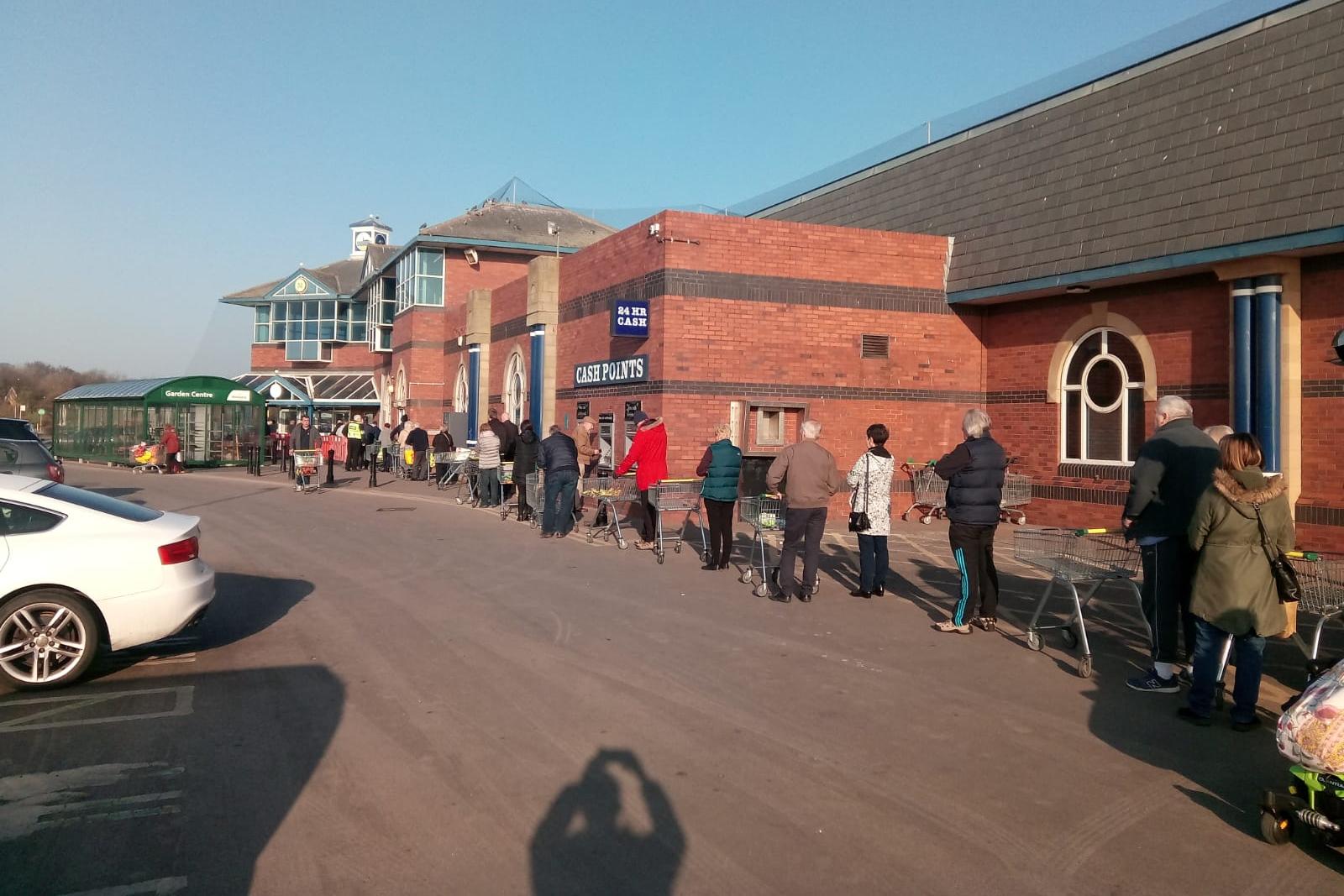https://www.theguardian.com/education/2020/apr/27/schools-shutdown-likely-to-widen-attainment-gap-says-ofsted-chief
 Sociologists have for a long time now talked about the concepts of material and cultural deprivation. These concepts stop children from more deprived backgrounds achieving as much as their more middle class peers. A pupil might not suffer from one but they might suffer from another. For example you could be poor but fully recognise the importance of education or you may have money but not see education as important. Or you could suffer from both.
Sociologists have for a long time now talked about the concepts of material and cultural deprivation. These concepts stop children from more deprived backgrounds achieving as much as their more middle class peers. A pupil might not suffer from one but they might suffer from another. For example you could be poor but fully recognise the importance of education or you may have money but not see education as important. Or you could suffer from both.Since schools and colleges closed parents, pupils and teachers have been remote learning / teaching. Pupils and students are working from home. Teachers are sending out lessons through cyberspace, using the latest technology to ensure students and pupils are not missing out in their education. The internet and social media are seen as a god send. Keep calm pupils we are carrying on. But we see reports that only a third of pupils and students are engaging with remote learning / home schooling. This number changes in whatever report you read. Now this can be sociologically explained by using material and cultural deprivation. But what are these concepts I'm freely bandying around? Let's look at them separately.
Firstly let's look at material deprivation. Bluntly this means a lack of money. Education can be expensive. Schools and colleges run trips and various events which need money, they also can require uniforms and essential equipment. This is before we look at what is expected at home. Poorer children often live in smaller homes with more siblings, a lack of space for working. These homes may be damp or not well heated. There may not be a garden at all or a small yard. sociologists such as Nell Keddie and Smith & Noble and many more have been talking about this for decades. Working class families in modern Britain may not have numerous devices in their homes, less books, slower Wi Fi if they have that at all. Remote learning depends on pupils and students having a suitable space at home and access to devices which will display the various teaching formats being encouraged by schools. Just before the lock down we were hearing lots of reports about schools across the country having to compensate for poverty amongst their pupils. This involved providing meals, clothing and working spaces. In some cases it meant schools buying groceries for the families of pupils. Schools had become safe havens and were very involved in the lives of their most disadvantaged pupils. Now vulnerable pupils are in some cases still being home schooled but the closure of schools has limited or stopped such compensatory measures. But pupils in less extreme poverty are still disadvantaged by remote learning. What if there is one device - a laptop or tablet between several children, or there isn't a laptop at all, schools must adapt their lessons, use what their pupils can access. But it's difficult - one task my six year old has to do is based on continents - to do this you need an atlas, a map or a globe. We have all three. If you don't have these then look it up on the internet. Again what if you don't have the internet? This might seem basic but it's happening in homes across the country. Middle class pupils will have their own room or a study to work in, they will have at least some of the technology needed. When not working they can have a break in the garden or walk in the suburbs or a semi or complete rural surrounding. No overcrowded park or estate for them, they can exercise and then get back to it. They will have books at home to explain stuff, they might have TV subscriptions to channels which will help explain the work being emailed to their parents. They may have printers, lots of devices. it was ever thus.
What of teacher's expectations? The college that I work in is asking teachers to be understanding about these issues. I would hope that is the case nationwide. I arrived home just before the lock down armed with microphones and laptops and pen drives. I was trained to the hilt in Zoom and digital learning tools such as Estream. All great stuff. The IT department of my college were terrific in training and problem solving. However within a week of Remote Learning I found that my students all had very different access to IT. I email now and that seems okay at the moment. My A1 students have been excellent but there are many issues to consider. Illness, fear, cultural differences as well as everything highlighted above.
https://www.boredteachers.com/inspiring/not-all-students-can-do-virtual-learning-and-we-need-to-cut-them-some-slack?fbclid=IwAR1ngAU0OfSXzLiRS-Wg207S32wotcFwlzn-LSpFRBDqI1V5lzrvMeudSxE
A2 students and Year 11s face a strange time, they have been schooled to sit exams. Those exams are not happening. Teachers have been given strict criteria on how to award the students. When Year 11 pupils go onto sixth form or further education they won't have been in a classroom for a very long time. I haven't even mentioned universities. There is a case for a new normal.




